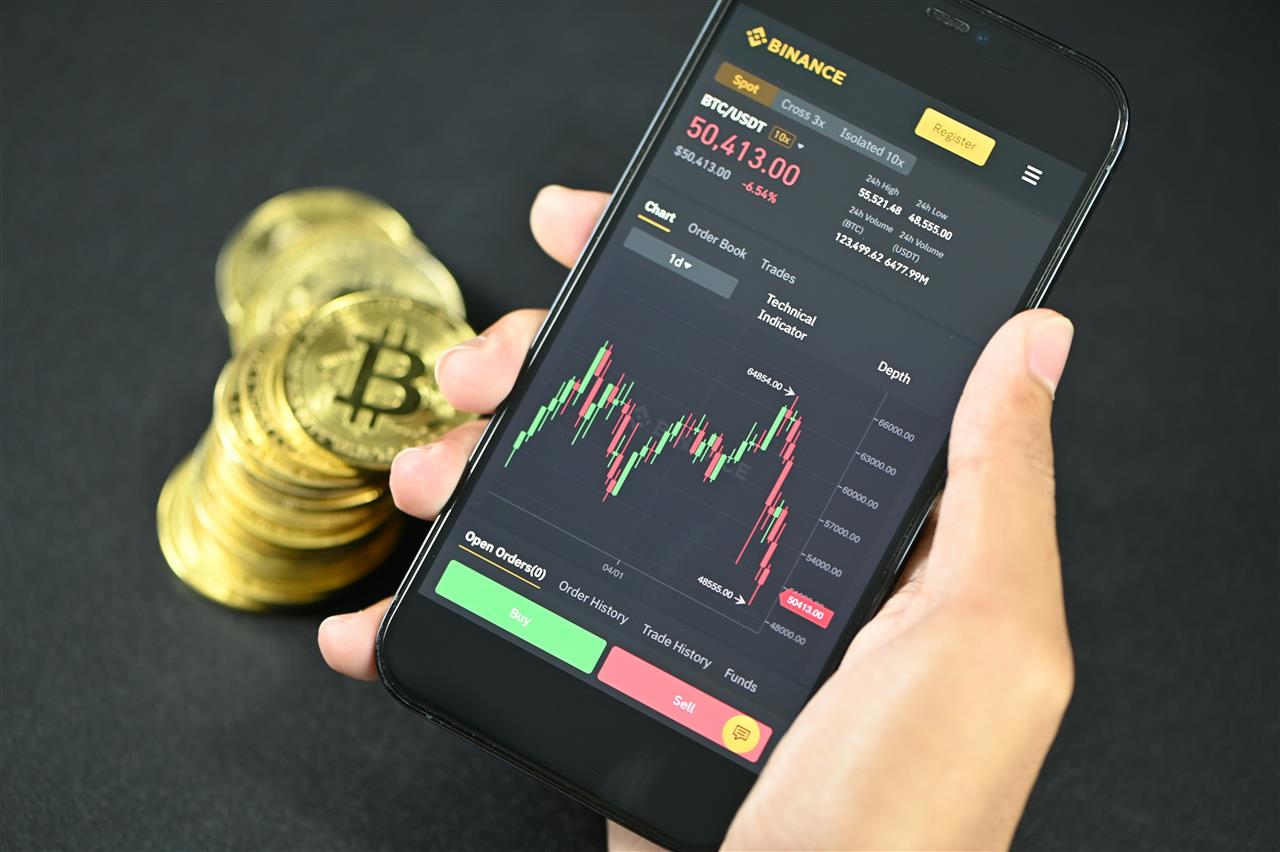Understanding crypto exchanges

In the rapidly evolving world of cryptocurrency, understanding crypto exchanges is crucial. They serve as digital marketplaces where you can buy, sell, and trade cryptocurrencies. This guide provides an overview of what crypto exchanges are, different types of exchanges, and how to choose the best one for your needs. For a detailed crypto exchange list, explore our comprehensive resources.
What Are Crypto Exchanges?
Crypto exchanges are platforms that facilitate the trading of cryptocurrencies like Bitcoin, Ethereum, and many others. They play a crucial role in the crypto ecosystem, acting as intermediaries between buyers and sellers. While originally designed for trading among crypto enthusiasts, their services now extend to accommodate institutional investors and newcomers alike.
Types of Crypto Exchanges
Centralized Exchanges (CEX)
Centralized exchanges are the most common type of crypto exchanges. They operate similarly to traditional stock exchanges, where a central authority oversees transactions. CEX platforms are user-friendly and provide robust security features, although users must trust the company behind the exchange to safeguard their funds.
Decentralized Exchanges (DEX)
Decentralized exchanges operate without a central authority. They use blockchain technology to match buyers and sellers, providing greater privacy and security. While DEX platforms offer improved control over your funds, they may have less liquidity and are generally less user-friendly compared to their centralized counterparts.
Hybrid Exchanges
Hybrid exchanges aim to offer the best of both worlds. They combine the reliability of CEX with the security and privacy of DEX. These platforms are relatively new and evolving, but they promise to address the shortcomings of existing exchange models.
How Crypto Exchanges Work
Most crypto exchanges require users to create an account and complete identity verification. Once registered, users can fund their accounts using fiat currency or cryptocurrencies. Exchanges provide various trading pairs, allowing users to swap one cryptocurrency for another. Advanced exchanges also offer features like margin trading, futures, and staking options.
Factors to Consider When Choosing a Crypto Exchange
Security
Security is paramount when selecting a crypto exchange. Look for platforms that offer features like two-factor authentication, cold storage, and insurance against breaches. User reviews and past incident reports also provide insights into an exchange's trustworthiness.
Fees
Different exchanges have different fee structures, including trading fees, withdrawal fees, and deposit fees. Compare these across platforms to ensure you are not spending more than necessary.
Liquidity
Liquidity determines how quickly assets can be bought or sold without affecting their price. High liquidity usually indicates a well-established exchange with a large user base, offering a smoother trading experience.
User Interface and Experience
A simple and intuitive user interface improves your trading experience, especially if you are a beginner. Look for exchanges that offer clear navigational tools and educational resources.
Trading Pairs and Supported Coins
Ensure that your preferred cryptocurrencies and trading pairs are offered on the exchange you choose. Some platforms support a broad range of altcoins, while others may only list major cryptocurrencies.
Conclusion
Navigating the world of crypto exchanges can be daunting, but understanding the different types and how they operate will help you make an informed decision. Whether you are a seasoned trader or a newcomer, choose an exchange that aligns with your security needs, trading goals, and user preferences. Start by exploring a detailed crypto exchange list to evaluate your options.